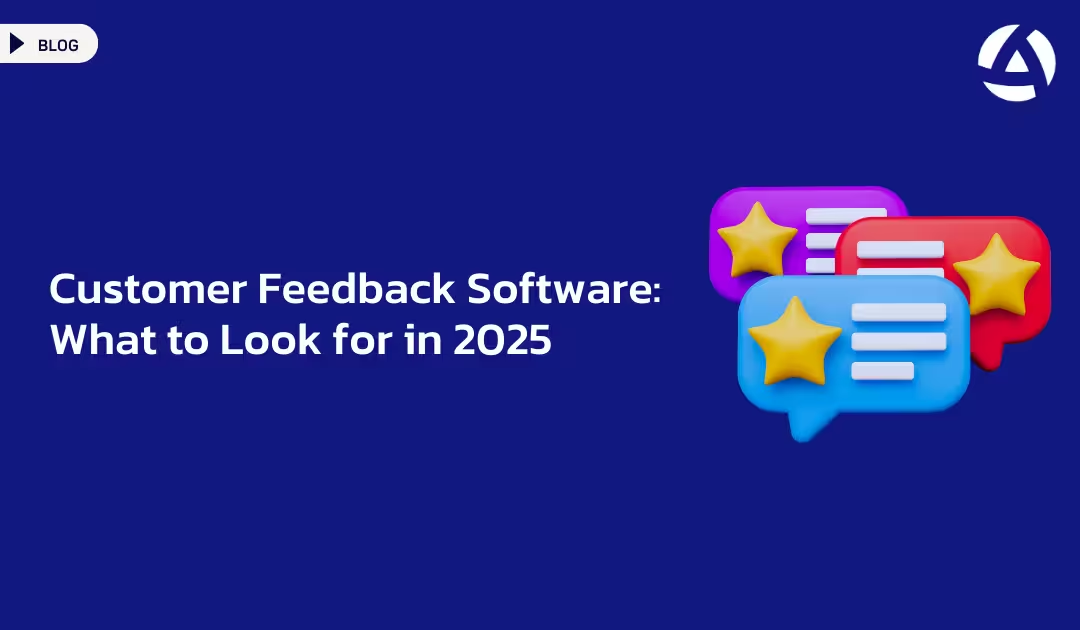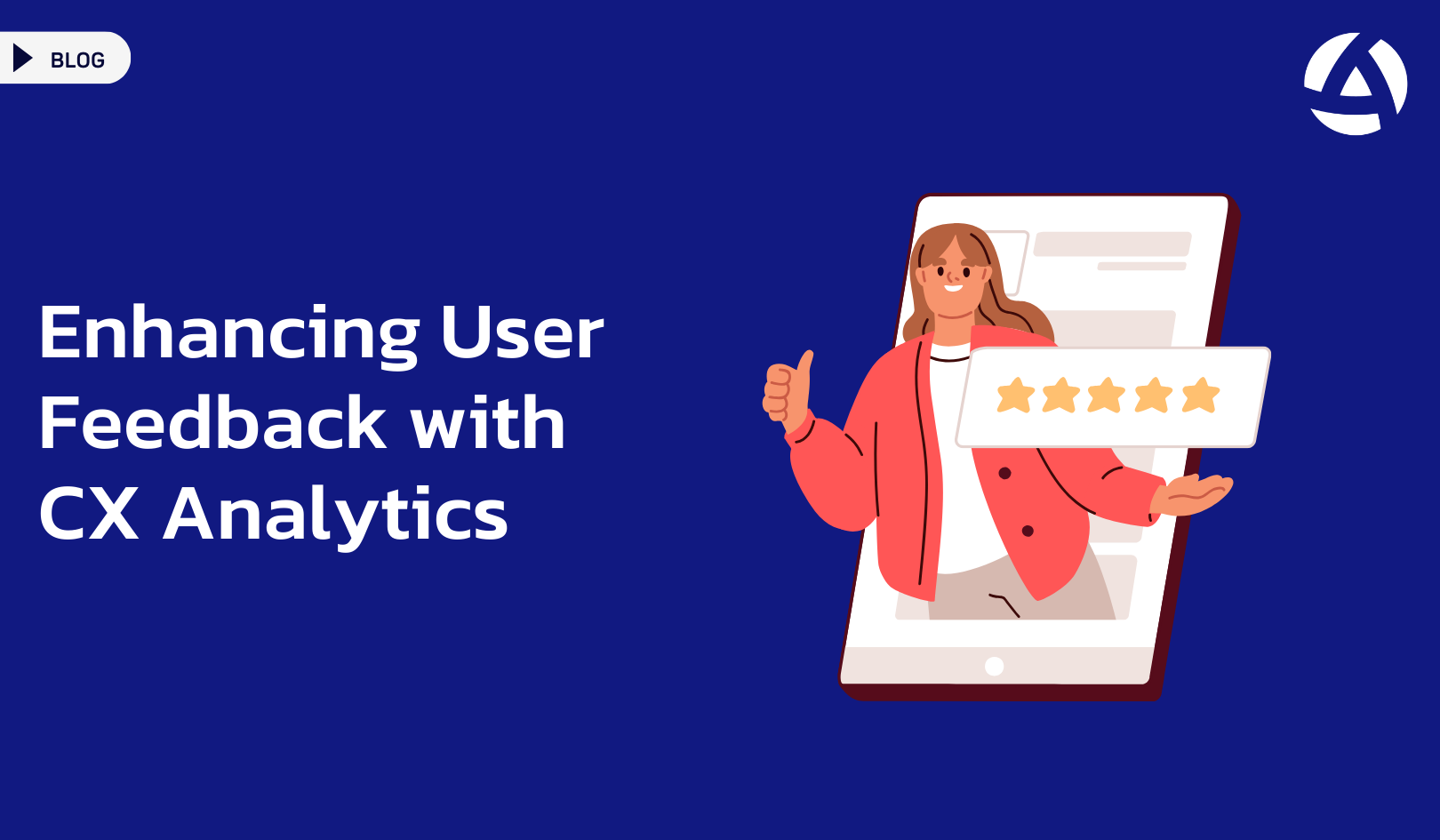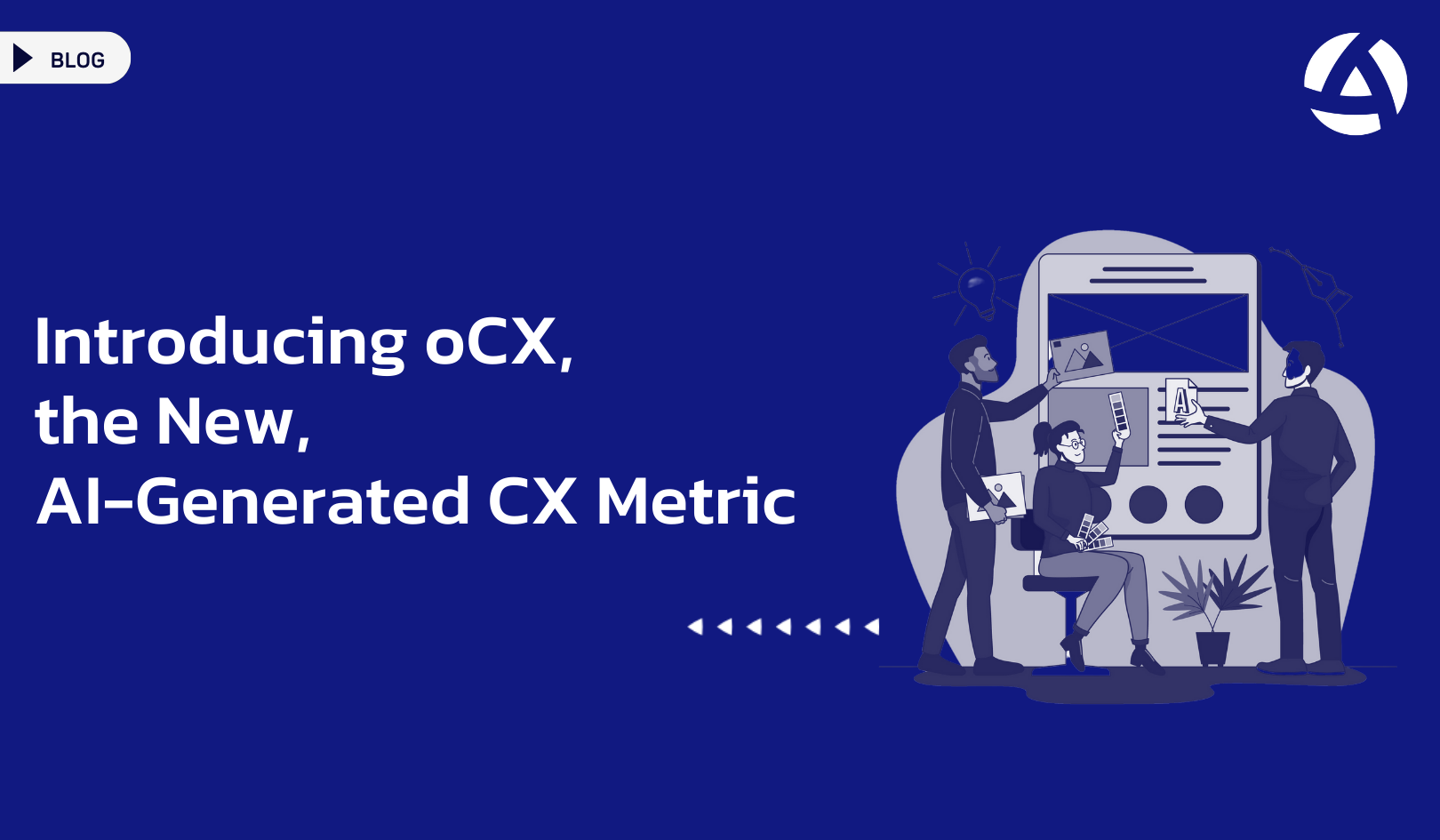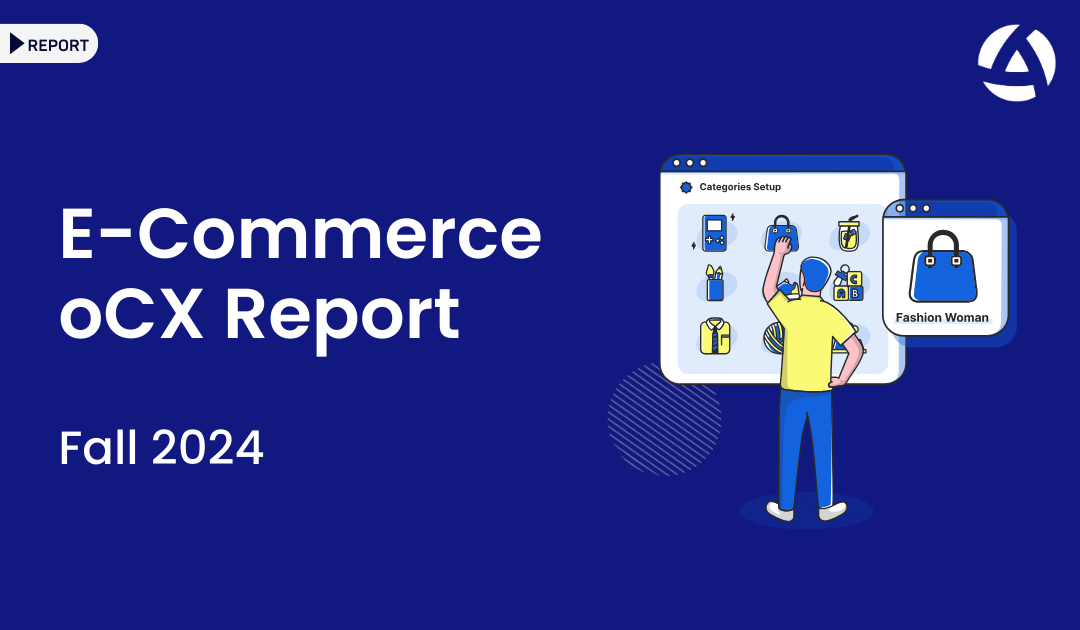As businesses continue to evolve and prioritize customer experience, having the right Customer Feedback Software is more important than ever. In 2025, choosing the best solution requires careful consideration of several key features and capabilities. The right software can help businesses capture valuable insights, analyze feedback, and drive improvements that enhance customer satisfaction. Here’s what you should look for when selecting a customer feedback tool for your business.
1. Real-Time Feedback Collection
Modern Customer Feedback Software should allow for real-time feedback collection. Customers want their voices heard instantly, and delayed responses can leave them dissatisfied. The ability to capture feedback in real time enables businesses to respond quickly and address issues as they arise.
Key features to consider:
- Instant feedback collection
- Multi-channel support (email, chat, surveys, etc.)
- Mobile-friendly feedback options
2. Advanced Analytics and Reporting
While collecting feedback is essential, it’s equally important to analyze that data effectively. Look for Customer Feedback Software that provides advanced analytics tools, enabling you to interpret feedback trends, measure sentiment, and generate reports that guide decision-making.
What to look for in analytics:
- Sentiment analysis tools
- Data visualization options (charts, graphs)
- Customizable reporting
3. Seamless Integration with Other Tools
Your Customer Feedback Software should integrate seamlessly with other platforms your business uses, such as CRM systems, marketing automation tools, and customer service platforms. This integration allows for a more comprehensive understanding of customer feedback in the context of their overall experience with your brand.
Key integration features include:
- CRM and ERP software compatibility
- Marketing automation tool integration
- API for custom connections
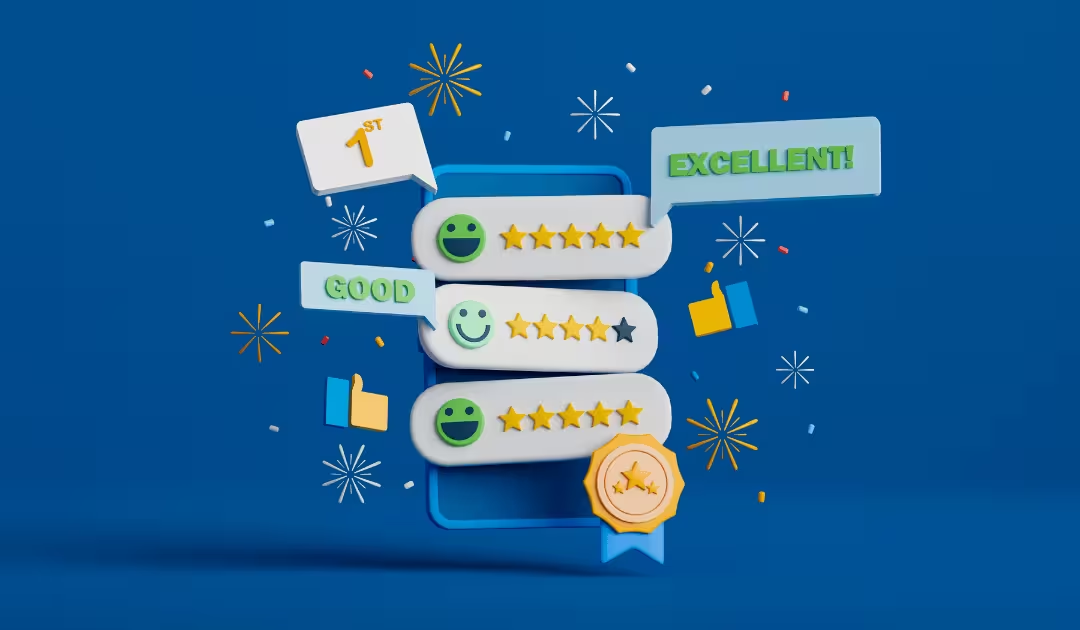
4. Scalability for Future Growth
As your business grows, so will your customer base—and the volume of feedback you receive. The Customer Feedback Software you choose should be scalable, ensuring that it can handle increasing data loads and support your business as it expands.
Look for:
- Flexible pricing plans for scaling
- Capability to handle high volumes of data
- Additional features or modules as your needs evolve
5. Customization Options
Every business is unique, and so are its customer feedback needs. Your Customer Feedback Software should offer customization options that allow you to tailor feedback forms, surveys, and analytics dashboards to your specific requirements. This flexibility helps you gather the most relevant data and make informed decisions based on that feedback.
Key areas for customization:
- Customizable surveys and forms
- Tailored analytics dashboards
- Personalized reporting features
6. Security and Compliance
In 2025, data privacy regulations are more stringent than ever. Ensuring that your Customer Feedback Software meets security standards and complies with regulations like GDPR is essential. Look for software that prioritizes data encryption, secure storage, and compliance with global privacy laws.
Security considerations:
- GDPR and CCPA compliance
- Data encryption protocols
- Secure cloud storage options
Frequently Asked Questions
How do I know if my business needs CFS?
If you’re looking to improve customer satisfaction, gain deeper insights into customer preferences, and drive meaningful improvements in your service, investing in CFS is a smart move. It allows you to capture and analyze customer insights efficiently and effectively.
What’s the benefit of integrating Customer Feedback Software with my CRM?
Integrating CFS with your CRM allows you to create a unified view of customer interactions. This helps ensure that feedback is used alongside other customer data to provide a more personalized and comprehensive experience.

